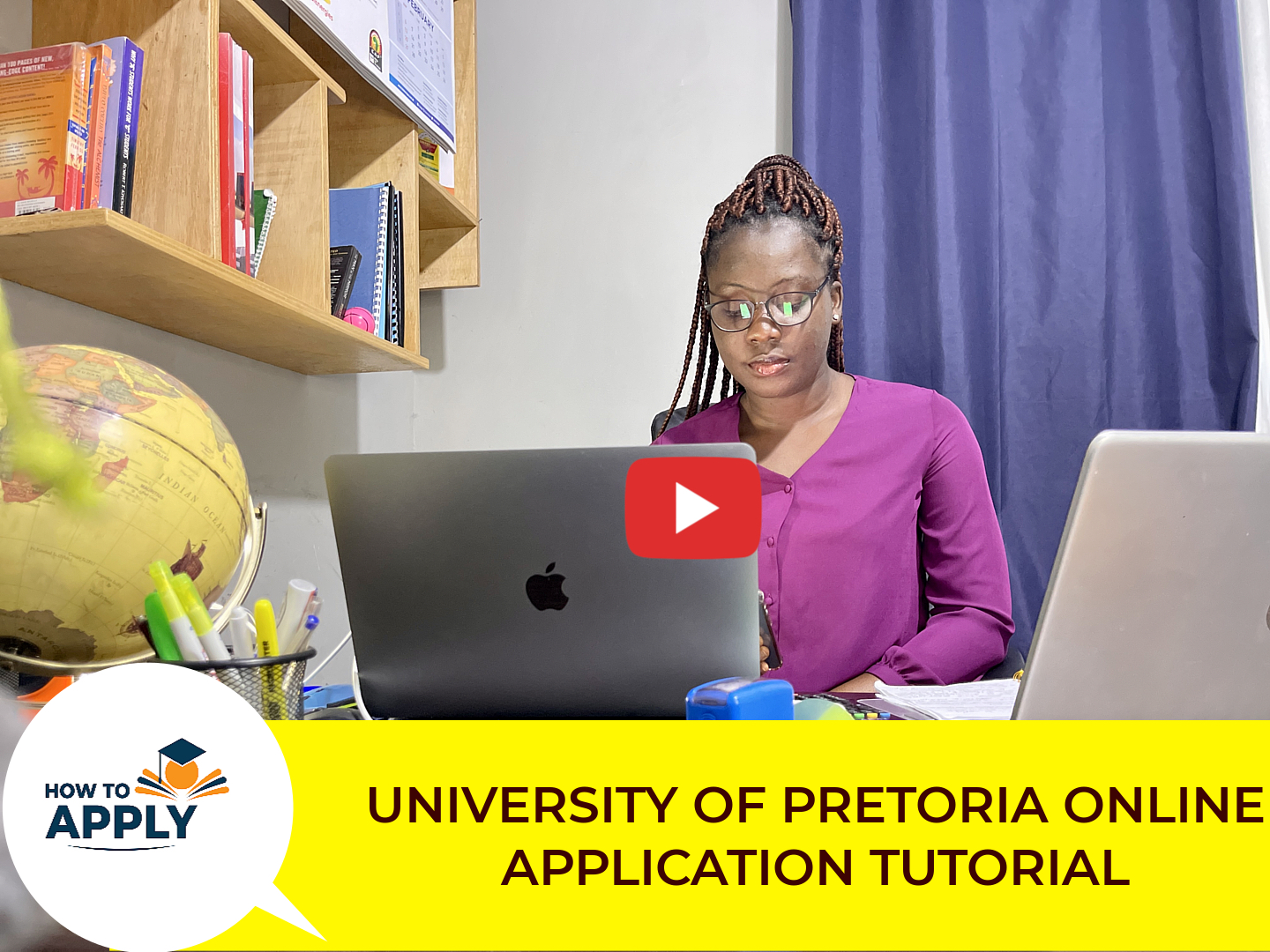Purpose: To make learners aware of language change in society; to provide skills in language policy planning.
Contents: Socio-linguistics and Linguistics; the socio-linguistic development of the child; bi-and multi-lingualism in speech communities; causes and effects of language change; the linguist’s role in language policy and planning; Socio-linguistics and education
XHS505/505E IsiXhosa Modern Prose
Purpose: To provide learners with the necessary theoretical knowledge and skills which will enable them to make an in-depth and independent analysis of Xhosa prose texts and to prepare them for advanced study at masters level.
Contents: A comprehensive study of Xhosa prose, including a study of literary theory and the objective analysis of selected novels as well as selected short story and essay texts.
XHS506/506E IsiXhosa Modern Drama
Purpose:To provide learners with the necessary theoretical knowledge and skills which will enable them to make an in-depth and independent analysis of Xhosa drama texts and to prepare them for advanced study at Masters level.
Contents: A comprehensive study of Xhosa drama, including a study of literary theory and the objective analysis of selected drama texts.
XHS507/507E IsiXhosa Modern Poetry
Purpose:This module will provide students with advanced language, literary and cultural knowledge, skills and values that will enable them to be competent writers, performers, critics, and researchers in the field of isiXhosa poetry. They will be equipped to:
· Say and write what one means.
· Hear what is said and what is hidden
· Defend one’s point of view, to argue, to persuade, to negotiate, to create, to reflect to invent.
· Explore relationships, personal, structural and political.
· Speak, read and write with confidence.
· To make one’s voice heard.
· Read print and resist it where necessary.
· Understand the relationship between language and power.
Contents: In-depth study of literary theories (such as: Marxist theory, formalist- structuralism, sociology, feminist, Senghorian and African Aesthetics); principles of critical analysis of poetry texts (such as: stylistic criticism,rhetoric analysis discourse analysis and critical linguistics); methods and techniques of performing arts in poetry (such as: role play, story-telling, improvisation and adaptation from written forms, voice and speech exercise/training, movement exercise/training) and research methodologies.
XHS508/508E Traditional Literature
Purpose: To equip students with advanced knowledge, skills and values in the area of Indigenous Knowledge Systems focusing on two broad areas of isiXhosa orature and culture.
Socio-cultural systems – which deal with the contrasts, impacts and dynamics of modern versus traditional life, with main focus on the delineation of indigenous socio-cultural systems. Ethical and legal systems; education and learning systems; socio-economic systems; conflict management and prevention systems religion and culture.
Arts, crafts and materials – the goal is systematic examination (holistically) of the socio-cultural context of indigenous arts and crafts and related matters and issues such as gender roles and relations (with respect to usage patterns, rights, perceptions); and materials acquisition, development, innovation, transfer, composition usage, design and sustainable use.
Contents: In-depth study of literary theories (such as: Marxist theory, formalist-structuralism, sociology, feminist, Senghorian and African Aesthetics); principles of critical analysis of literature texts (such as: stylistic criticism, rhetoric analysis discourse analysis and critical linguistics); methods and techniques of performing arts (such as: role play, story-telling, improvisation and adaptation from written forms, voice and speech exercise/training, movement exercise/training) and research methodologies.
XHS509/509E Research project on an approved topic
Purpose:To enable learners to conduct independent research on a topic of their own choice in accordance with a well-designed research framework.
Contents: A selected topic within either the field of Xhosa literature or the field of Xhosa linguistics.
AFRICAN LANGUAGES MASTERS AND DOCTORAL DEGREEBY RESEARCH
AFL700/700E A Masters degree in African Languages by research is offered to suitable candidates. Research topics for these degrees are chosen in consultation with the Head of Department and are subject to the final approval by the Faculty Research and Higher Degrees Committee.
AFL900/900E A Doctoral degree in African Languages by research is offered to suitable candidates. Research topics for these degrees are chosen in consultation with the Head of Department and are subject to the final approval by the Faculty Research and Higher Degrees Committee.

